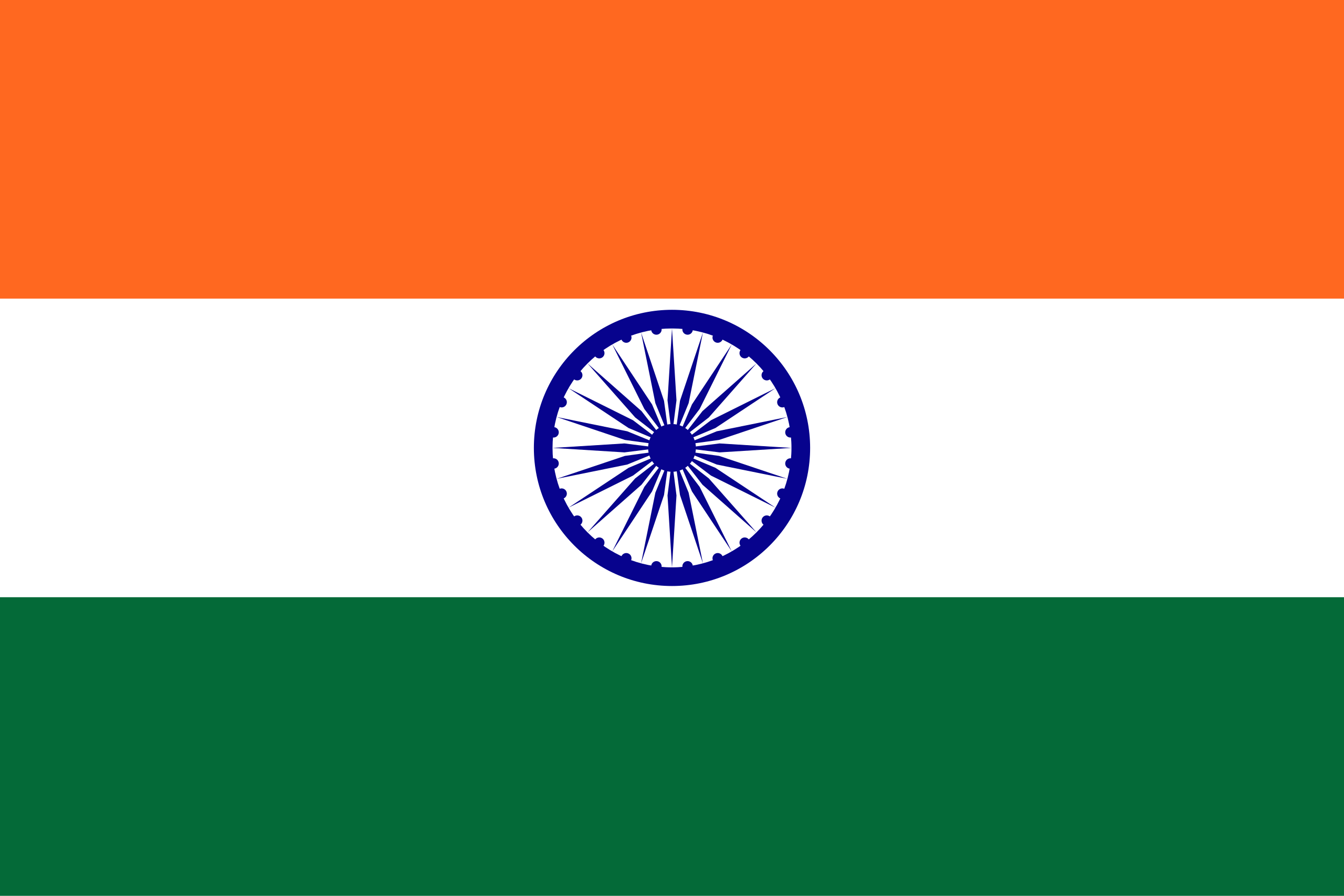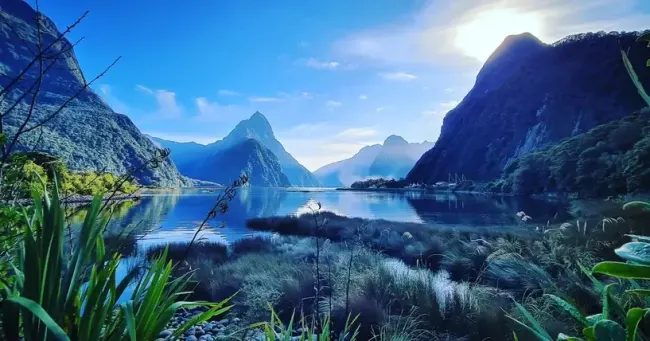What is a New Zealand Visitor Visa, and who is it intended for?
Who is the New Zealand Visitor Visa intended for?
Visitors with passports from countries outside of New Zealand's visa waiver programme. This covers India, China, Indonesia, Pakistan, Nigeria, Egypt, South Africa, Kazakhstan, Solomon Islands, and others.
Who is not eligible for a New Zealand visitor visa?
Individuals from visa-waiver nations are normally not required to apply for a visiting visa. This includes Argentina, Denmark, the Czech Republic, Ireland, Japan, Austria, Bahrain, Norway, the Seychelles, Saudi Arabia, and others.
What is the purpose of the New Zealand Visitor visa?
-
Tourism and family visits.
-
Short-term study allows you to study for up to three months in any given year.
-
Job interviews.
You cannot work, conduct business, or seek medical care with this visa.
How long can you stay on a New Zealand Visitor Visa?
The Visitor Visa is a multiple-entry visa that allows for a maximum stay of nine months in an 18-month period.












